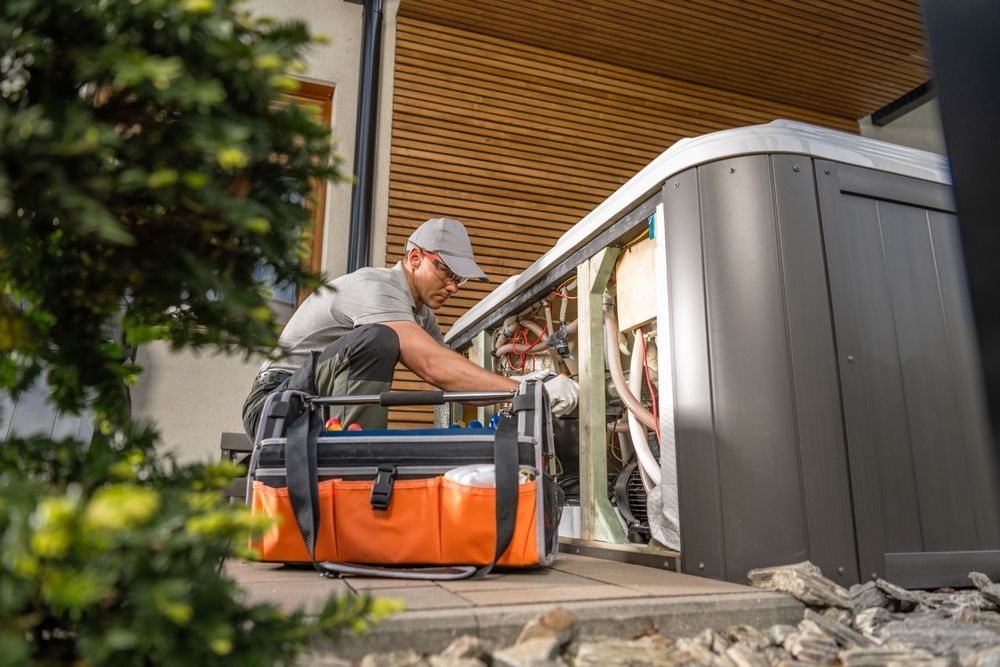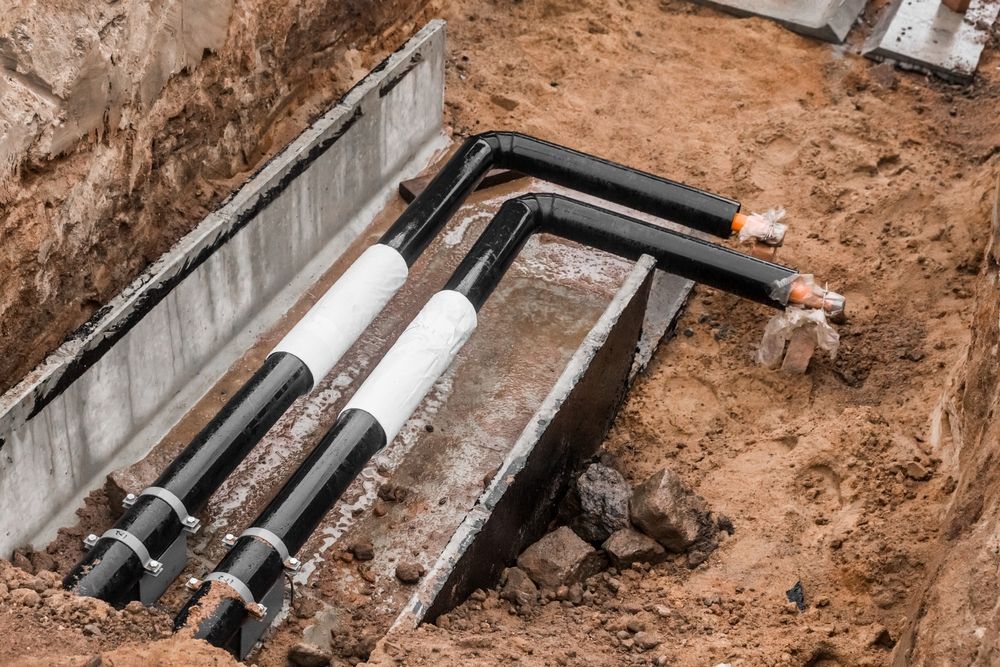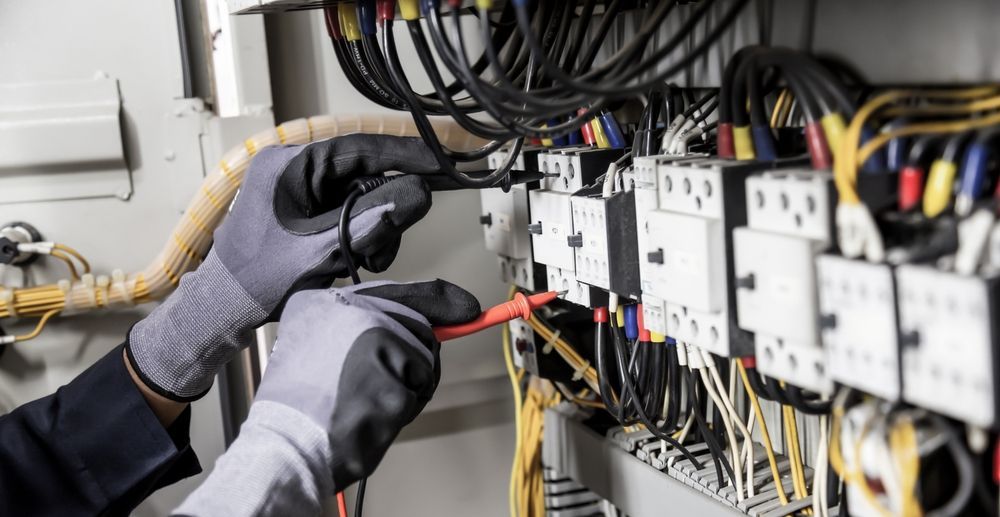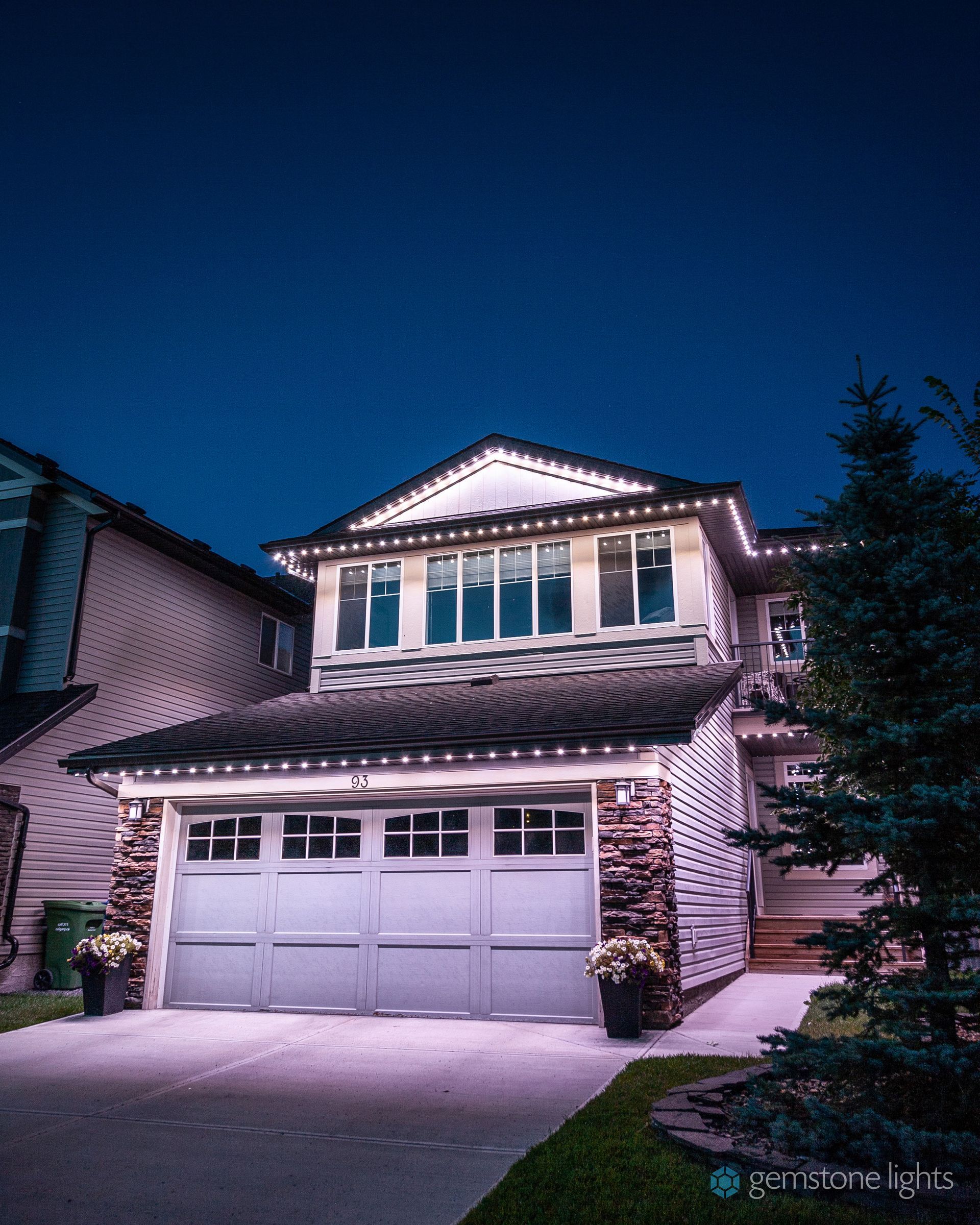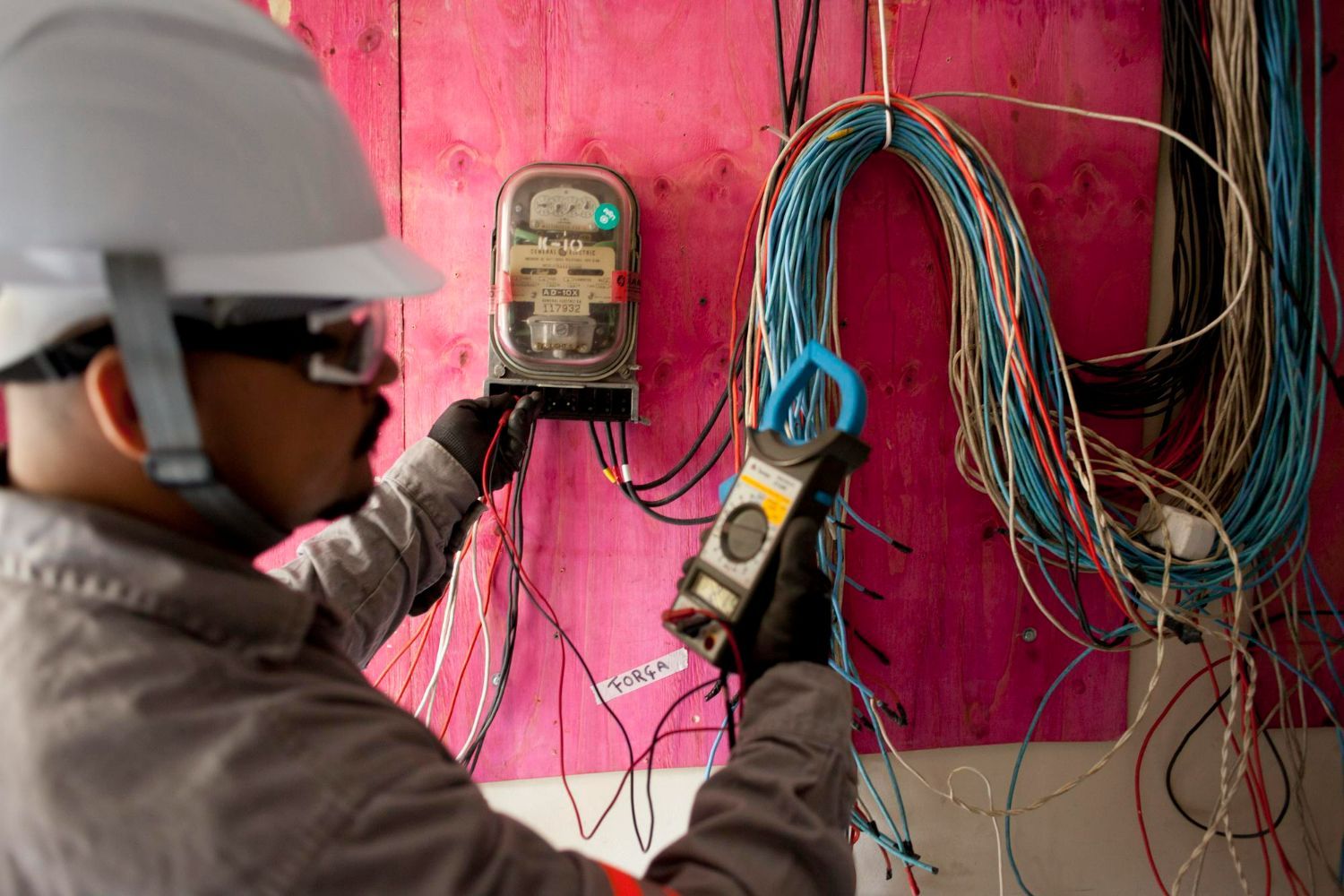Basement Reno DIY: Electrical Wiring Edition
Basement renovations are an exciting chance to upgrade outdated features and make more room for your family. While there are some renovations that a homeowner can do themselves, electrical DIY comes with several considerations that must include weighing the risks associated with such an undertaking.
Before jumping into your
DIY basement electrical wiring
project, let’s investigate if a basement reno DYI with your electric wiring is your best option.
Is it Safe?
Before any renovation, there is some sort of demolition that must occur which can mean exposing existing wiring. Depending on the age of your house and who previously installed—or tinkered with—the wiring, opening even one wall can uncover a glaring issue that requires investigation.
Regardless of a professionally wired home or a DIY that went wrong, if you don’t know what you are doing, handling the electrical aspects of a home comes with safety risks. Electrical DIY work should not be a guessing game regardless of the size of the job. Knowing the details of how to appropriately ground the wiring, prevent shock, and use of the proper materials is necessary.
Must Meet Regulations
Building codes and regulations are in place to protect the house’s integrity and of course, to protect you. Adhering to these rules is key to preventing the risk of fire, damage, or injury. Even basic basement renovations require a permit with all plans needing to meet regulations before the approval of renovation.
Building code inspectors visit in intervals according to the stages of construction. They do this to ensure everything completed up to that point meets or exceeds the permit requirements.
For example, the electrical wiring and HVAC ductwork must be in place before installing the insulation and drywall. Inspection needs to be done before covering these up or you could risk a fine or need to undo the work.
Incorrect Work Can be Costly
What happens if your DIY basement electrical wiring fails to meet building code requirements? You are correct if you guessed that it would need to be re-done. The building inspector will not give you a pass to continue and complete the work until all electrical components and wiring meet all building codes.
This means you will need to remove and re-install the wiring according to their instructions.
Completing anything more than once will cost more in supplies, effort, and time. If you improperly install electrical wiring, it can also be dangerous and cost you your life.
Beware of Hazards
Electricity comes with a sharp and jolting reminder that it has the potential to be dangerous— even deadly. Improper installation isn’t just a risk to the DIYer but to your family, guests, and your home’s future homeowners.
Here are some possible hazardous scenarios:
- installing electrical wiring in the wrong place leading to nail punctures and electric shock
- placing wiring or electrical boxes too close to water sources or moisture
- improperly grounding the wires leading to short circuits and power outages
- poor wiring installation leading to electrical or house fires
Even if your electrical DIY is completed without evident issues, improper installation eventually leads to significant, potentially dangerous, and expensive problems and trouble down the road.
Protect yourself and your family from electrical hazards caused by improper wiring installation by hiring
certified professionals
.
Get Your Basement Reno Wired Properly by the Pros
If you are doing a basement renovation or need any other electrical services , trust the professionals at Ferguson Electrical Solutions. We have the skills and know-how to ensure safe and efficient results.
Our dedicated team
services a broad area for all residential and
commercial electrical projects
.
Get a free quote by contacting us
online
or calling
(519) 400-9825
to get your basement wiring done right the first time.

